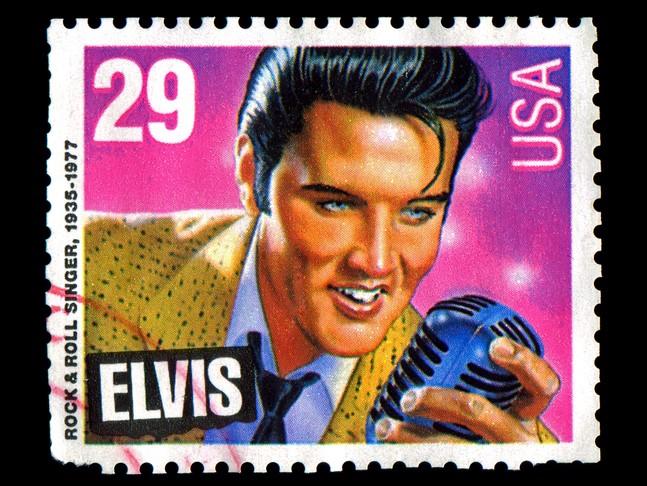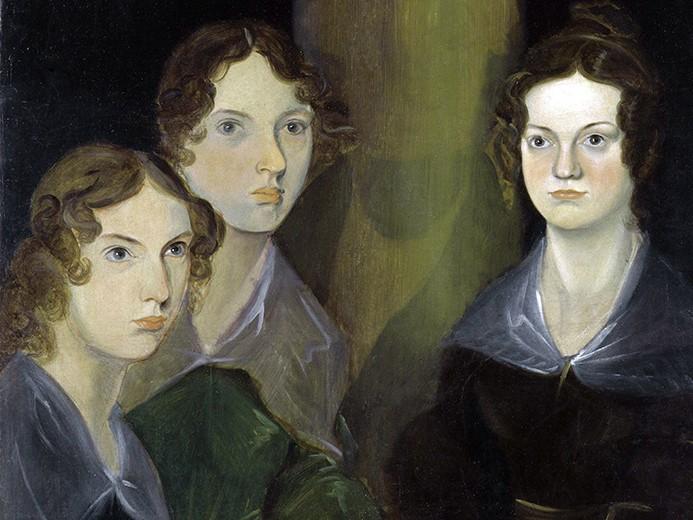For little Generation X girls like me who grew up in the US South in the 1970s, it’s hard to imagine life BE – before Elvis. Until his death in August 1977, Elvis reached new generations amid the rumours and scandals that surrounded his personal life.
And like many legends before him, the memory of Elvis Presley has really taken a beating. From 1977 to 2022 – for 45 years – Elvis has remained a lightning rod for debate on big-ticket commonplaces including race issues and cultural appropriation. Some say he exploited black musicians, while others say he brought their culture to the world. Some say he was just a boastful drunk with plagiarised ideas, and others say he was a genius manipulated by capitalist vultures.
- Why higher education should take an EDI lesson from Kendrick Lamar
- Play on: how to build community on campus through music
- Using films to encourage reflection and critical thinking in your teaching
So, when controversial Australian filmmaker Baz Luhrmann took his turn on Elvis, I was nervous, even waiting until the film was released for home viewing to watch. And watch I did. Twice. I was up until after 3am to witness Luhrmann’s classical Greek tragedy evidencing what my mama always told me: Elvis was smarter than he let on.
When I have a realisation like this one, I know it’s time to teach it. The film sets up a nice, even arena for debate on the commonplace issues surrounding the Elvis myth. Purveyors of critical thinking, grab your favourite critical theory (new historicism, gender studies, feminist studies). Now watch and teach the film.
As I plan to use the film for teaching undergraduate and graduate English courses, I went with new historicism, a tool that lets us examine things critically in the context of time and place, which can inspire some good detective work by students. Tools like this are helpful for this film because the director made so many key historical choices in creating the 2022 pastiche of Elvis. But any historical lens will “work”, as the film is so layered in detail appropriate to each period. I selected feminist studies, because it’s important to examine the “other” gender when one person (here, a male) is the driving character in the narrative. Finally, key themes looming in the cultural cache of Elvis controversy are artfully and directly laced throughout the film, thus cultural studies examinations in the spirit of thinkers such as Stuart Hall are easily addressed.
To show you what I mean, here’s my working plan:
- Watch the film three times, with at least three different tools (new historicism, then feminist, then cultural studies in the ilk of Stuart Hall’s text, Cultural Identity and Diaspora).
- Take notes during each viewing, tying key questions or issues to assignment ideas. Read the Hall essay as a class, noting two different ways to define cultural identity, then perform that task on Elvis Presley in the film through a series of class conversations and group writing exercises.
- Design lesson plans with more than one class in mind. For example, in an undergraduate literature class, I’ll use the Hall essay to define how we talk about identity as we compare the film to Chinua Achebe’s novel, Things Fall Apart. In a graduate class on critical theory, I’ll use the film over three weeks to focus on race, class and gender under the lenses of theorists including Stuart Hall. Choose your supplemental resources for the film based on the students’ level of comfort with theoretical research methodology.
- Watch the film again, noting any moments that might be uncomfortable for your audience. Decide whether you want to show the whole film straight off or just show clips first while teaching the critical thinking tools you’ll use on the film before watching it in full.
- Research your key areas of interest in the film, becoming familiar with YouTube or other online repositories of Elvis music/content and learning the basic outline of his career in music, movies and pop culture so you can anticipate and guide students through their own journey into the study of Elvis.
- Write about your own experience with Elvis and be prepared to share it with the class. If we expect our students to be honest and share the private and often uncomfortable work of critical thinking, we need to lead the way. Being a vulnerable observer is crucial for us as teachers. Tell students where Elvis stands in your cultural lexicon. Be honest and be specific. Then sit back and watch them do the same.
Sharing a critical reading of an American icon via film and critical theories builds an authentic, living learning space that can inform our understanding of current cultural commonplaces. Discover the classical tragedy of Luhrmann’s Elvis, a generation-spanning, conversation-sparking biopic with plenty of critical theory beats sure to resonate across cultures and generations.
And if Elvis is not your biopic ideal, consider using other films in this genre that focus on a famous person or persons, a genre that has continued to evolve since its surge in the 1930s. For more on noted biopics, see Tim Dirk’s film site.
Stone Meredith teaches college-level composition, literature and philosophy courses at Colorado State University Global. She is the founder of the Clever Chicas Project, a not-for-profit movement celebrating ordinary women doing extraordinary things.
If you found this interesting and want advice and insight from academics and university staff delivered direct to your inbox each week, sign up for the THE Campus newsletter.




comment2
(No subject)
(No subject)